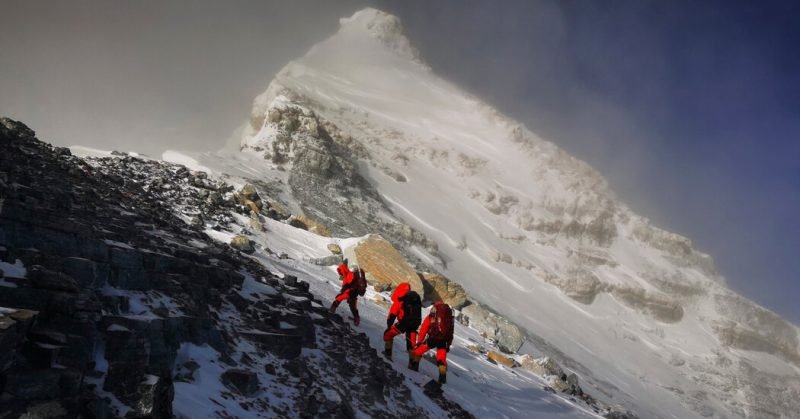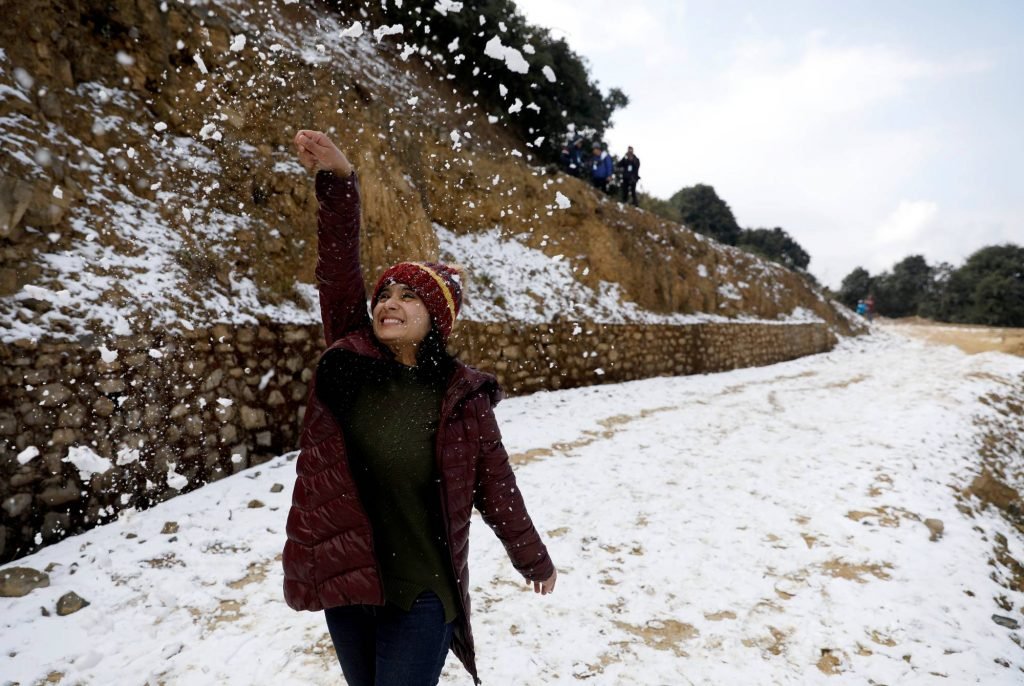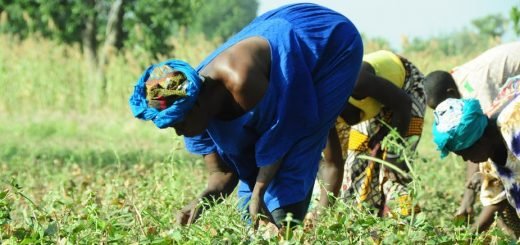Nepal’s economy hit due to global warming

From the tourism industry to farming industries, enterprises situated in Nepal’s mountains are harming from a drop in pay because of the absence of substantial snowfall as of late – a phenomena that scientist’s connect to rising temperatures.
As per Arun Bhakta Shrestha at the International Center for Integrated Mountain Development (ICIMOD), studies using remote sensing technology show that snow cover has consistently diminished in Nepal and the Hindu Kush Himalayan district. “The temperature of Nepal is increasing at the pace of 0.6 degrees Celsius (1.08 Fahrenheit) each decade,” said the local program director. A report distributed by Nepal’s Department of Hydrology and Meteorology in December anticipated that the normal temperature in the country this winter would be more than average and the average precipitation will be below normal.
For Budhhi Man Gurung, Hotel Yama Sakura’s owner, the blend of the changing environment and COVID-19 has prompted 80-percent drop in income compared to a year ago. “It has gotten hard for me to pay salary to the staff,” he said. There are no comprehensive studies on the monetary effect of decreasing snowfall on Nepal’s travel industry, however Dhananjay Regmi, CEO of the country’s travel industry board, said over the long haul, the changing environment will without a doubt prompt less guests. “The greater part of the sightseers comes to Nepal to see snow-filled mountains, however in the event that these mountains transform into dark slopes, that will eventually influence the travel industry,” he said in a phone meet. The board had assembled plans to advance snow-based tourism, for example, skiing occasions, to carry more sightseers to the area, Regmi clarified. “In any case, the unpredictable snowfall found in present days has made us question if that arrangement will succeed,” he added.

Pest Control
Arjun Rayamajhi, a plant protection official at the public authority’s Agriculture Knowledge Center in Darchula, one of Nepal’s mountainous districts, said low temperatures decrease the reproduction rates of insects. “Because of rising temperatures in higher locales, pests are moving from the lower belt, so new pests are seen in higher districts nowadays,” Rayamajhi said. The warming climate is likewise making it harder for Nepal’s mountain farmers to grow traditional crops that normally flourish in colder environments, for example, apples. “Indeed, even animals are influenced, as the absence of snowfall … causes a moisture deficit in winter and grasses they feed on can’t develop appropriately,” he said. “The mountain districts are as of now battling with food insecurity and these things make the issue more serious.”
Global Warming
Environment scientists caution that cold winters will become rarer in Nepal throughout the next few decades. An assessment of the Hindu Kush-Himalaya locale distributed by ICIMOD in 2019 anticipated a 50 to 60-percent decrease in snowfall in the Ganges bowl, which covers part of Nepal, by 2071-2100. Researcher’s show “unusually large” temperature climbs in high-elevation territories of the district, the report noted, adding that “the warming is assessed to be almost a few times the global average.” Sushil Raj Poudel, leader of the Trekking Agencies Association of Nepal’s western district affiliation, said group members can no longer depend on the tourism bloom they generally used to see a couple of days after every heavy snow. “Seeing no snowfall during this season in Nepal is something odd,” he said. “Environmental change is something that I heard was occurring in different nations, however now we are encountering it before our eyes.”


















